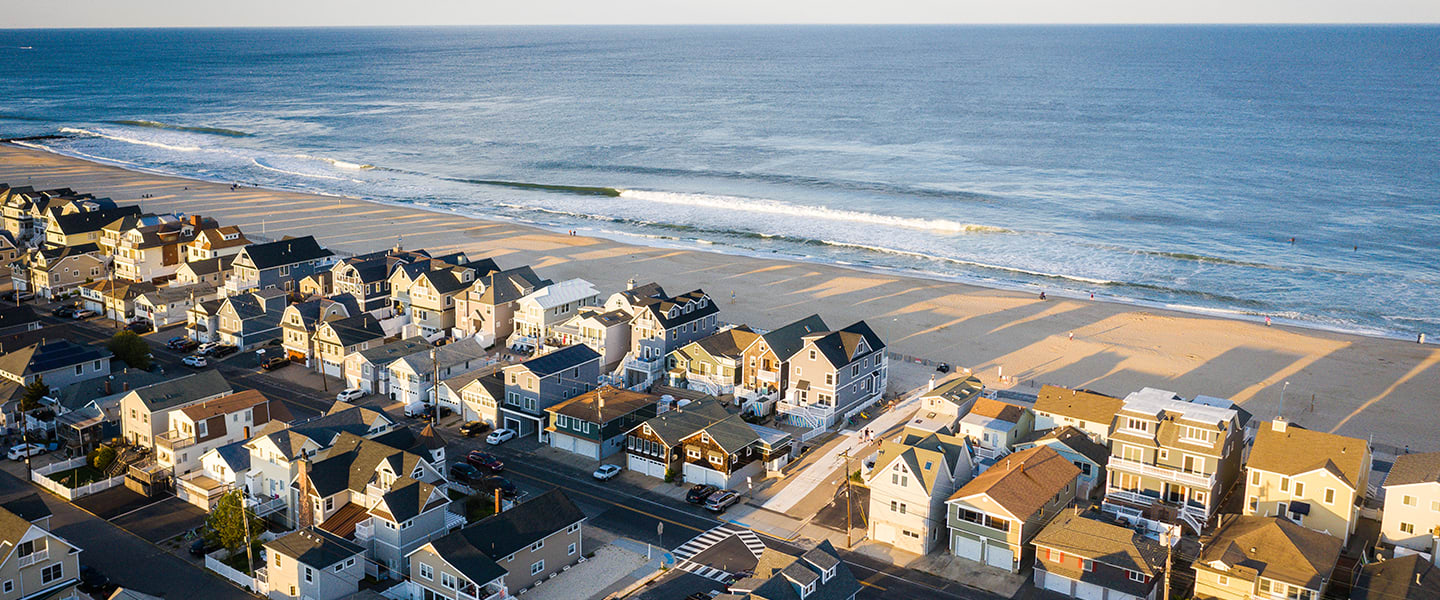Home Care in New Jersey

Overview of Home Care in New Jersey
Despite being known as the “Crossroads of the East,” New Jersey has a lot to offer seniors looking for a place to settle down. The median monthly cost of an in-home health aide is about $4,800, according to Genworth. A Place for Mom’s Senior Living Advisors can provide you with a list of home care services in New Jersey to help you find one that fits your needs and budget.
Top-rated Home Care agencies in New Jersey
CareTen Inc. - Hackensack, NJ
Reviewer Ranking
5.0/ 5.0
(62)I am very happy with Careten. They are very accommodating of my varied schedule. The caregivers are very patient and personable. They are very prompt in responding. I Would highly recommend using Careten....
Zenith Home Care Agency - Cranbury, NJ
Reviewer Ranking
4.5/ 5.0
(10)Not really much to add, we found a middle ground for what I wanted and what we got and it is working good for us. Yes, we would recommend their services to other families, but based on what they were looking...
Unicity HealthCare
Reviewer Ranking
4.4/ 5.0
(16)So thankful to Unicity for providing my mom with an excellent caregiver. Unicity responded to phone calls promptly and communicated well to problem solve and resolve issues as the needs arose. The...
Top-rated Home Care agencies in Jersey City
See top facilitiesCareTen Inc. - Hackensack, NJ
Reviewer Ranking
5.0/ 5.0
(62)I am very happy with Careten. They are very accommodating of my varied schedule. The caregivers are very patient and personable. They are very prompt in responding. I Would highly recommend using Careten....
Unity Home Care
Reviewer Ranking
4.1/ 5.0
(10)In terms of the care I would rate it a 4. In terms of the company practice, I would rate it a 3. Verify the contract carefully. Pay attention to the details.
Senior Helpers of Central Long Island, NY
Reviewer Ranking
4.7/ 5.0
(7)Overall the staff was great. We did have a couple of aids that did not work out - one was running their own business during the hours they were supposed to be attending to my dad, and one just wasn't the...
Top-rated Home Care agencies in Paramus
See top facilitiesCareTen Inc. - Hackensack, NJ
Reviewer Ranking
5.0/ 5.0
(62)I am very happy with Careten. They are very accommodating of my varied schedule. The caregivers are very patient and personable. They are very prompt in responding. I Would highly recommend using Careten....
Unity Home Care
Reviewer Ranking
4.1/ 5.0
(10)In terms of the care I would rate it a 4. In terms of the company practice, I would rate it a 3. Verify the contract carefully. Pay attention to the details.
Senior Helpers of Central Long Island, NY
Reviewer Ranking
4.7/ 5.0
(7)Overall the staff was great. We did have a couple of aids that did not work out - one was running their own business during the hours they were supposed to be attending to my dad, and one just wasn't the...
Top-rated Home Care agencies in Toms River
See top facilitiesZenith Home Care Agency - Cranbury, NJ
Reviewer Ranking
4.5/ 5.0
(10)Not really much to add, we found a middle ground for what I wanted and what we got and it is working good for us. Yes, we would recommend their services to other families, but based on what they were looking...
Right at Home - Ocean County - South Monmouth County
Reviewer Ranking
4.8/ 5.0
(5)1) They told us they could do therapy but they have no dedicated therapy area and no steps. 2) They also do not offer transportation so we had to get an ambulance every time my dad needed to go to the...
Top cities in New Jersey for home care
Find home care in other states
Find Home Care in New Jersey cities
H
M
P
S
Other senior living options in New Jersey
Find assisted living near you
The information contained on this page is for informational purposes only and is not intended to constitute medical, legal or financial advice or create a professional relationship between A Place for Mom and the reader. Always seek the advice of your health care provider, attorney or financial advisor with respect to any particular matter, and do not act or refrain from acting on the basis of anything you have read on this site. Links to third-party websites are only for the convenience of the reader; A Place for Mom does not endorse the contents of the third-party sites.
Please enter a valid email address.
A Place for Mom is paid by our participating communities, therefore our service is offered at no charge to families. Copyright © 2024 A Place for Mom, Inc. All Rights Reserved. Privacy & Terms. Do Not Sell My Personal Information.